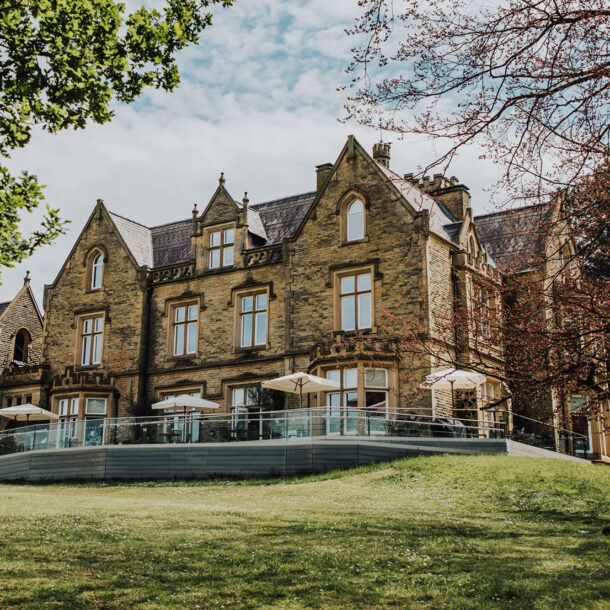

Close

The Trussel family was never afraid to challenge the power of the crown. A Trussell stood among the barons who forced King John to sign the Magna Carta and curtail his own power in 1215. Sir William, who presided over Billesley in the early 1300s, stood out in a family of rebels. Edward II’s tyranny drove the nobility to rebel just as it had in the days of King John. Edward II ruled to benefit a handful of favorites, brushing aside the interests of his country. He confiscated land from barons to give it to Hugh the Dispenser, Earl of Winchester and his son. The Dispensers were Machiavelian politicians: they blackmailed their enemies and disregarded any limits to the king’s power. But their dark dealings did not serve them well, and they became the most unpopular men in England.
Sir William Trussell joined an army of dispossessed and disgruntled barons determined to punish Edward II and the Dispensers. Edward II declared Sir William an enemy of the crown. He seized Billesley and handed the manor over to a distant Trussell cousin. At first, it seemed that Edward II would crush the rebellion. He executed the Second Early of Lancaster, who led the barons and fought side by side with Sir William. Sir William, though, would not submit. Instead, he and his men pillaged the Dispensers’ lands. The dense Warwickshire forests could not hide Sir William from the king’s forces, and he was imprisoned at Scarborough Castle. The stone fortress built high on a cliff above the North Sea was one of England’s most secure fortifications, but Sir William still managed to escape.
Sir William knew that England was dangerous as long as Edward II stayed in power. He fled to France, where he joined forces with Edward’s French wife, Isabella, and her lover, Lord Mortimer, against the king. Isabella was a fierce beauty. She admired the romantic exploits of King Arthur and craved power of her own. She had long lost patience with her husband’s ineptitude. In Mortimer, she found someone as passionate as herself. Together they planned to depose her husband and put her teenage son on the throne so that they could rule England. Isabella’s openly adulterous relationship did not phase Sir William. He put political reform over social mores. He helped Isabella and Mortimer raise an army of mercenaries to invade England in 1323. The English people, disgruntled with their ineffectual king and worn thin by famine, welcomed the army.
Sir William presided over the House of Commons when it stripped Edward II of his divine right to rule. On January 21, 1327, he declared that the nobility had “full and sufficient power” to denounce the loyalty it had once promised Edward II. “They will no longer be in your fealty and allegiance, nor claim to hold anything of you as King, but will account you hereafter as a private person, without any manner of royal dignity,” he proclaimed. Then Sir William presided over Hugh the Dispenser the Elder’s trial. He likely watched as his enemy was hanged, drawn, and quartered. But after this show of force, Sir William left violence behind him. He became one of England’s foremost diplomats representing his nation’s interests in Rome, France, and Spain.
The centuries passed, and the Trussells never lost their penchant for rebellion. But in the 1500s, their luck turned. They had fallen out of favor with the monarchy. They tried to support themselves by raising sheep, but they failed. Sir Thomas Trussell, William’s descendent, turned to highway robbery in desperation. Under the tight grip of Elizabeth I, though, the days when barons could seize what they wanted and choose their own monarchs were gone. Sir Thomas was accused of treason and sentenced to death. The execution was never carried out, but in 1588 the Trussell family lost Billesley forevermore.
Yet the 1500s were not all dark at Billesley. Some historians believe that the Trussells were Shakespeare’s cousins through his maternal grandmother. A young Shakespeare could have acquired his rich knowledge of history and classical poetry if he had free range of the Trussells’ library. While he stayed at Billesley, he may have written As You Like It, a play woven through with the landscape of Warwickshire. Local lore holds that Shakespeare married a pregnant Anne Hathaway in the small church at Billesley. The church records are lost, so hard evidence is scant. Years later, though, Shakespeare’s granddaughter Elizabeth Nash chose to marry at the same church.
Read more about the history of Billesley Manor